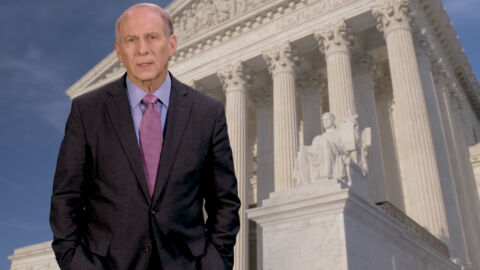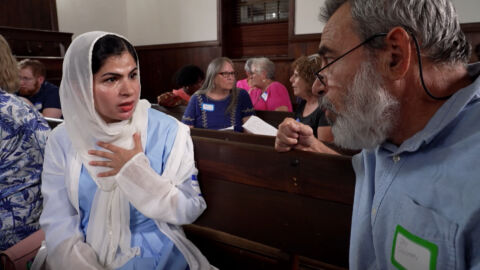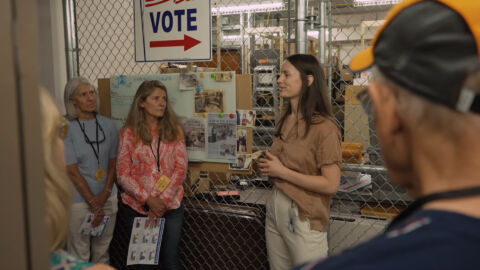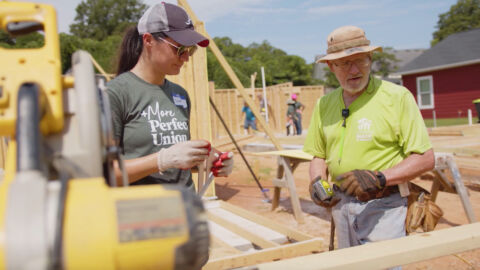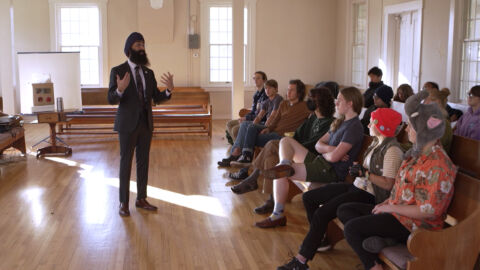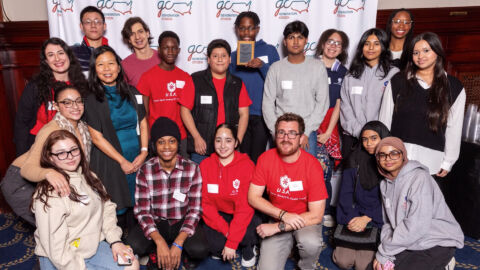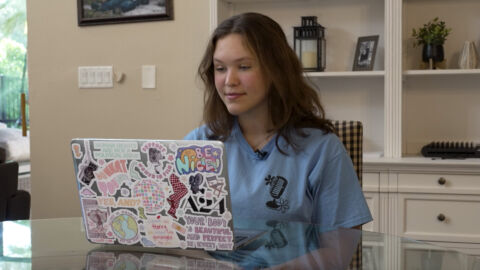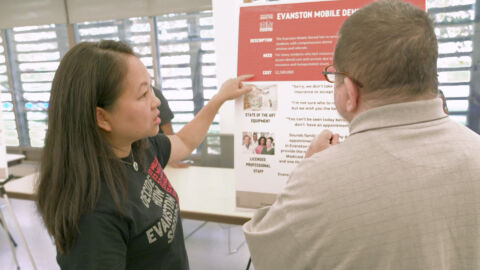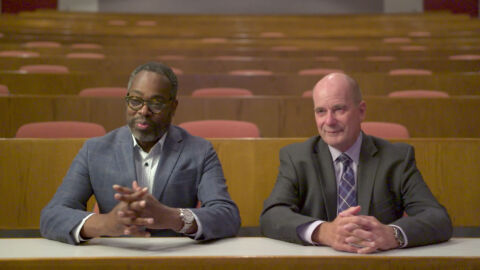With the Republican National Convention convening in Wisconsin this week and the first presidential debate in the books, 2024’s national election season is fully underway. But out of the limelight and down in the trenches, election workers have been preparing for months, in a particularly high-stakes climate. And this year, many of them will be new: around a third of election officials will be handling their first presidential elections this coming November. While high turnover can also bring younger faces and skill sets into the elections workforce, in states like Missouri, where turnover has been some of the highest in the nation, that also means a lot of expertise to be gained — quickly.
While election administration is historically a high-turnover profession, with the percentage of vacancies increasing substantially since 2004 (after the ‘hanging chads’ crisis in the 2000 Bush-Gore contest), that turnover has spiked in the years following the 2020 elections, according to a new report from the Bipartisan Policy Center Elections Project.
Sherry Parks, the Vice President of the Missouri Association of County Clerks and Election Authorities (MACCEA), has seen it first hand, and attributes the turnover to burnout from the criticism and even outright hostility that election officials have faced in the wake of former President Donald Trump’s allegations of election fraud following the November 2020 vote. Many took early retirements or changed jobs within the county — non-election roles outside the public eye often offer the same salary as what clerks make.
This month, MACCEA gathered several hundred of Missouri’s county clerks and other election administrators and staff for two days of training and national elections preparation. Customarily an annual conference, this year’s meeting carried a particular air of urgency and gravity, with the tensions these participants face rising quickly to the surface in panel conversations and questions.
In attendance at the MACCEA conference were two Missouri election officials who have also seen the increased strain on national election administrators and have found a creative way to help improve their experiences and their expertise. Eric Fey, from St Louis County, and Brianna Lennon, from Boone County, teamed up to host a National Public Radio-affiliated podcast called “High Turnout, Wide Margins” that engages with election workers and experts from around the country, to share tips, best practices and even just act as a therapeutic outlet for the pressures and harassment many of them face.
Launched in December 2020 with more than a hundred episodes now under its belt, HTWM has profiled election officials in 25 states and even in seven overseas countries, including in the United Kingdom and Moldova. Both Fey and Lennon also volunteer as global election overseers.
Fey describes their program as, “talking to people on the sidelines and, oh, that’s how you do your voting machine testing or that’s how you organize your absentee ballots.”
Or, he adds, “that guy from Lawrence, Kansas, who put Apple Air Tags on all the voting machines that go out to his polling locations, so he can track them and account for them in a very efficient, more transparent way. We’re collaborative because we’re not making widgets, we’re not competing against each other, we want all of us to succeed.”
Lennon adds, “If you’re an office of one or one and a half, which is the majority of election officials across the country, you can’t leave your office for the day. You could barely even sit on a webinar for an hour, but you can listen to a 20-minute podcast on your drive into the office or over lunch. And those are exactly the kind of offices we wanted to make sure we’re getting these kinds of resources, because they are the ones that need the efficiencies. They need as much help as possible to be able to do their jobs.”
“Election officials are real human beings that live in their communities that are trying to do the best they can,” Fey adds.

